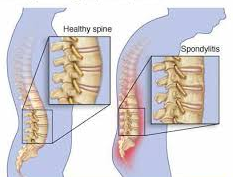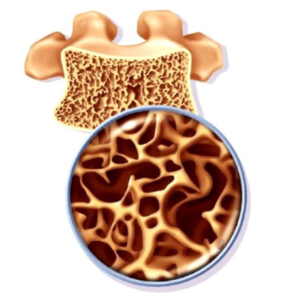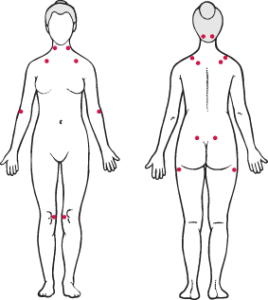What is Rheumatology ?
Rheumatology is a branch of medicine devoted to the diagnosis and therapy of rheumatic diseases.
Rheumatic diseases or RMDs can affect anyone. RMDs commonly affect the joints but can affect any organ in the body. They can start at any age. They are usually caused by problems of the immune system, inflammation, infections or gradual deterioration of joints, muscles and bones. Many of these diseases are chronic and worsen over time, they are typically painful and Iimit functional activity.
In Europe, chronic RMDs affect around one-quarter of the population (more than 120 million people).

What is a Rheumatologist ?
A rheumatologist is a doctor specialised in the diagnosis and treatment of common but also rare diseases which affect the muscles , tendons and joints but also internal organs. Some diseases can cause inflammation of a structure such as muscle, artery or joint with no known cause (eg. Rheumatoid arthritis, Temporal arteritis, Myositis) . These can affect any age. They can be inheritable or autoimmune. More common diseases are Rheumatoid Arthritis, Osteoarthritis, Gout as well as Osteoporosis. Nowadays there are a wide range of treatments ranging from anti-inflammatory agents to biologicals. When to see a rheumatologist? Unknown chronic pain, fever and / or inflammation signs in blood tests,of unknown origin .
Most common rheumatic and musculoskeletal diseases
Rheumatic arthritis
Is the most common autoimmune inflammatory joint disease. It affects approximately one in 100 persons worldwide and is twice as common in women as in men.


Osteoarthritis
Is the most common joint disorder, accountable for more disability in the elderly than all other diseases together.
Gout
The accumulation of urate crystals in the (joint) tissues can cause
acute arthritis and may lead to kidney failure. Symptoms include joint damage, renal stone formation and excruciating pain due to acute inflammation. The most common cause of inflammatory arthritis in men.


Psoriatic Arthritis
Is a chronic disease with inflammation of synovial tissues (joints),
tendons and skin.
Juvenile Idiopathic Arthritis
Includes seven subtypes of chronic arthritis in children with uncertain or unknown origin.


Axial Spondyloarthritis
Is a chronic inflammatory disease predominantly affecting the spine and the joints connecting the spine and pelvis, which may lead to extra bone formation, resulting in a fused spine.
Lupus
Is a rare systemic autoimmune disease that can cause arthritis and tissue damage in multiple organs leading to serious complications. Affects women approximately nine times more frequently than men.


Osteoporosis
Is a skeletal disorder characterised by low bone density and structural deterioration of bone tissue, which leads to bone fragility and increased susceptibility to fracture.
Fibromyalgia
Is a chronic disorder causing muscle pain, sleep disturbances, headaches, and tingling/
numbness of extremities. While the causes are unknown, development is often associated with a physically or emotionally stressful or traumatic event. The presence of other rheumatic disease such as RA or SLE may increase the likelihood of developing fibromyalgia.

